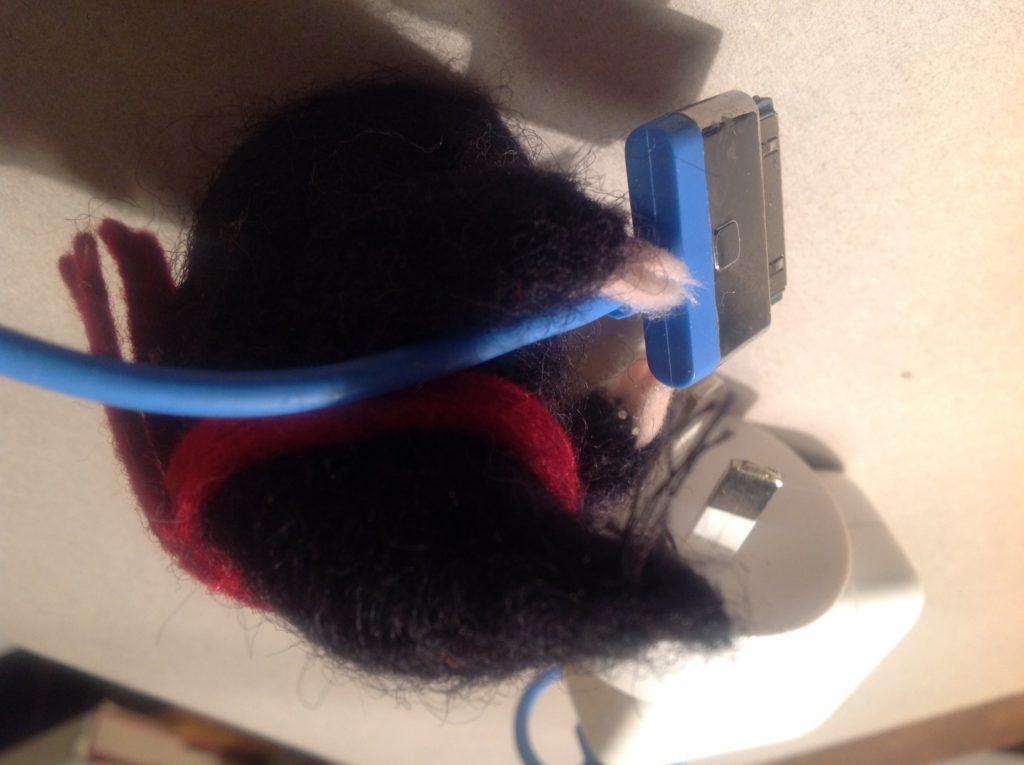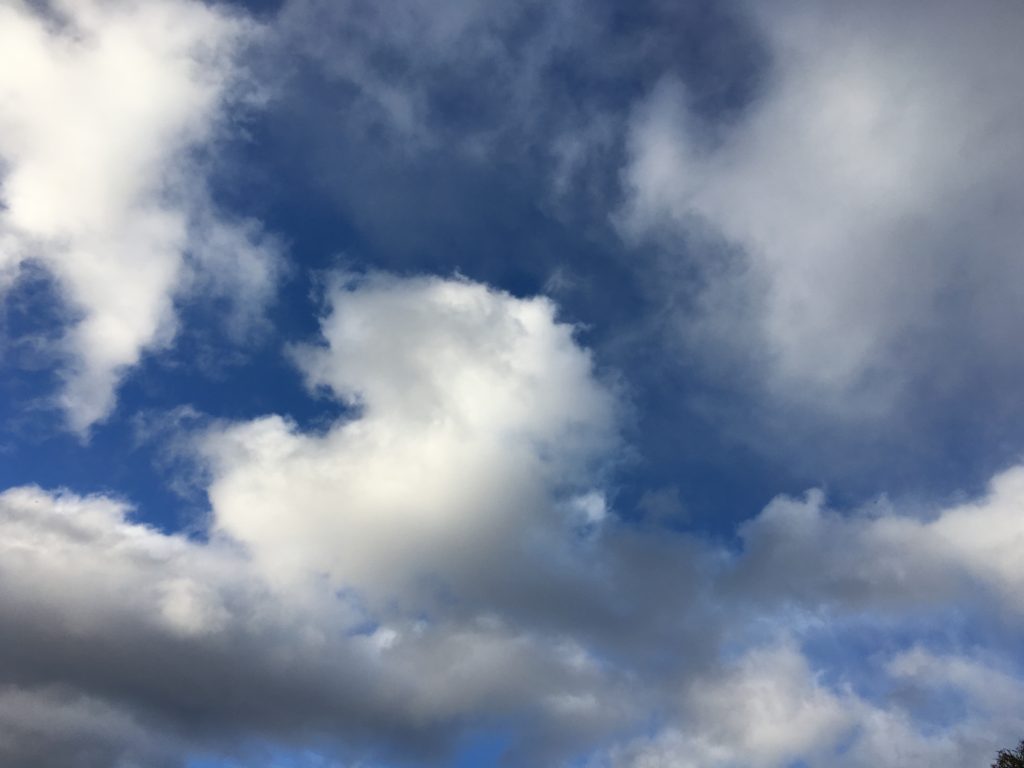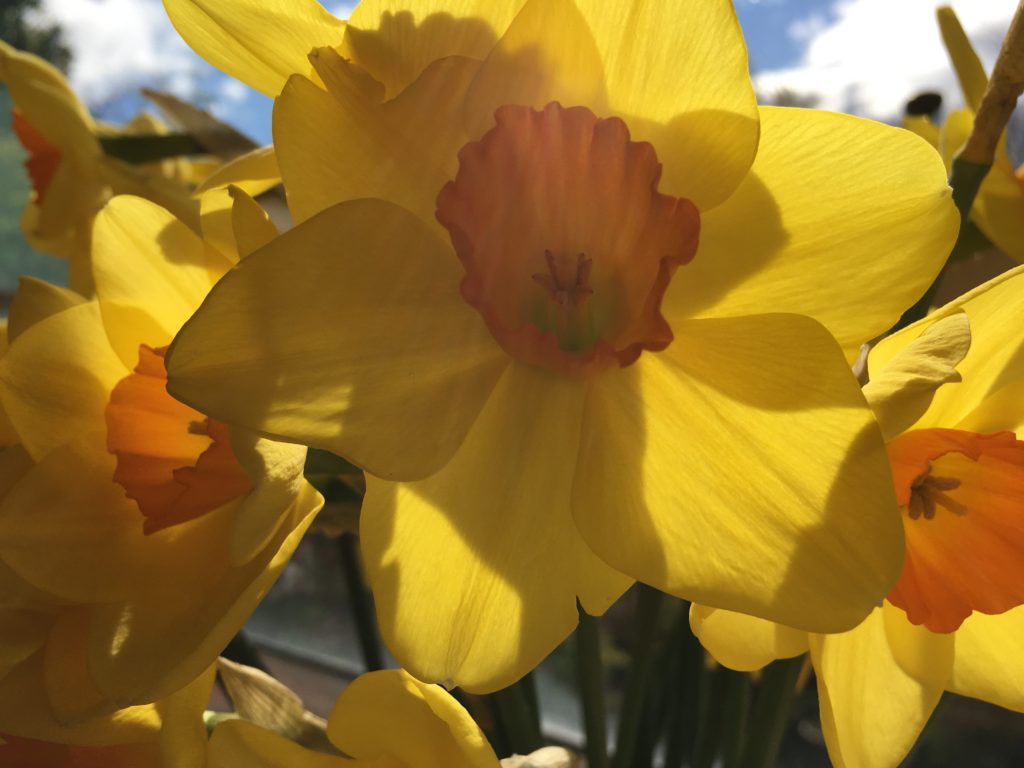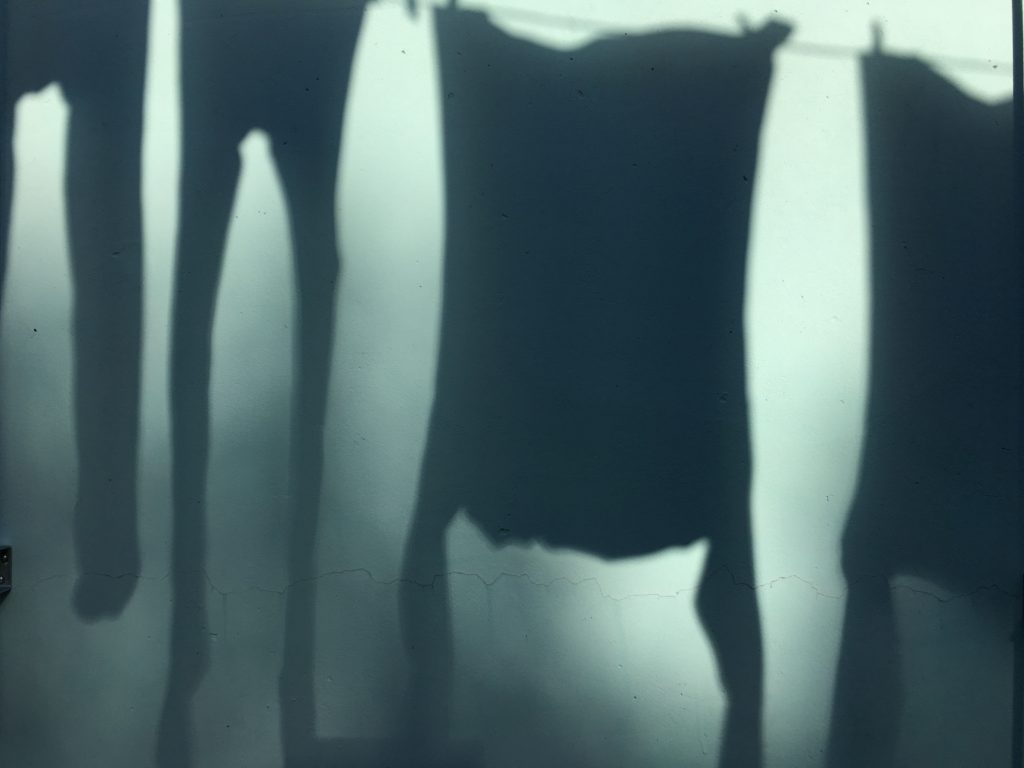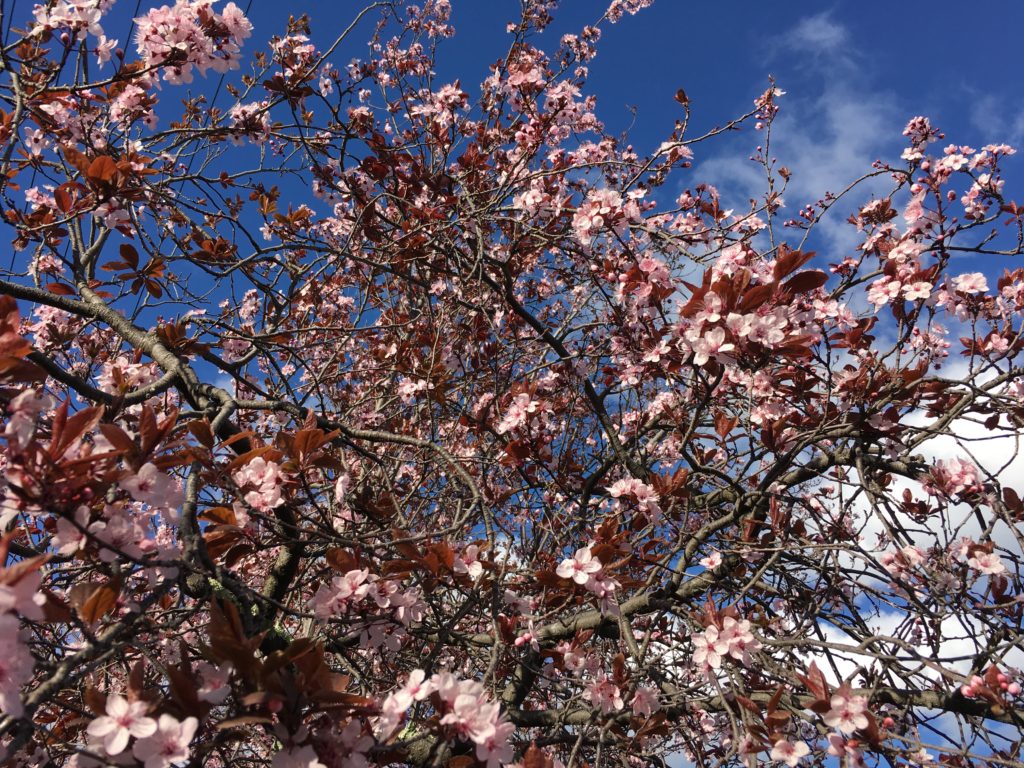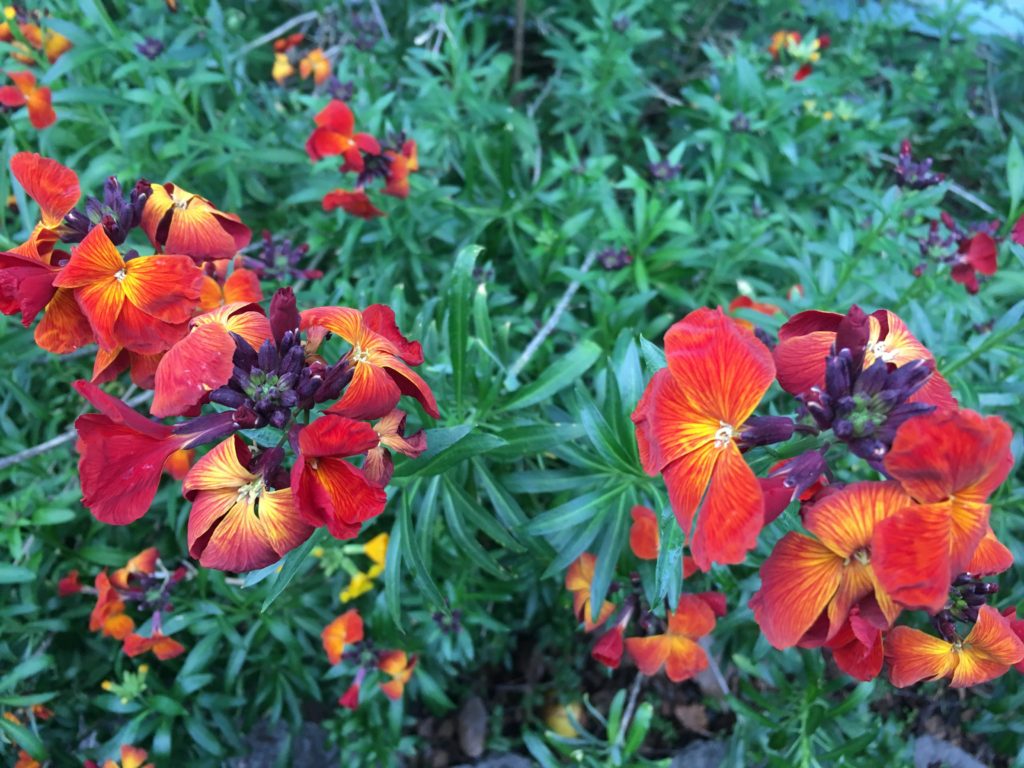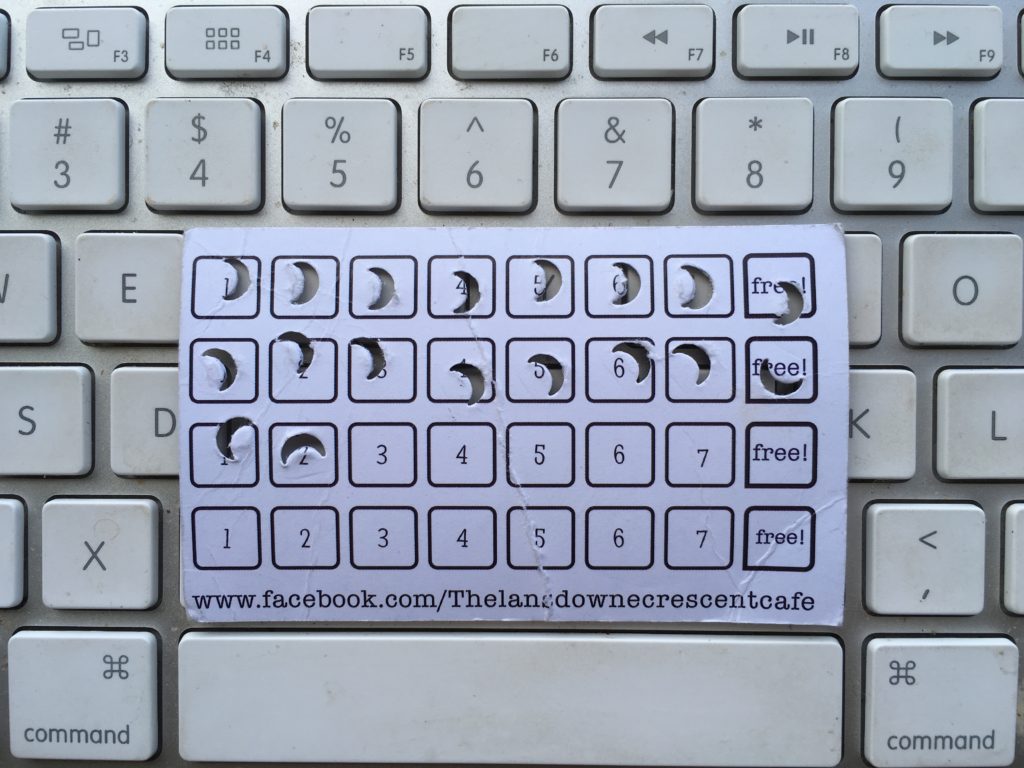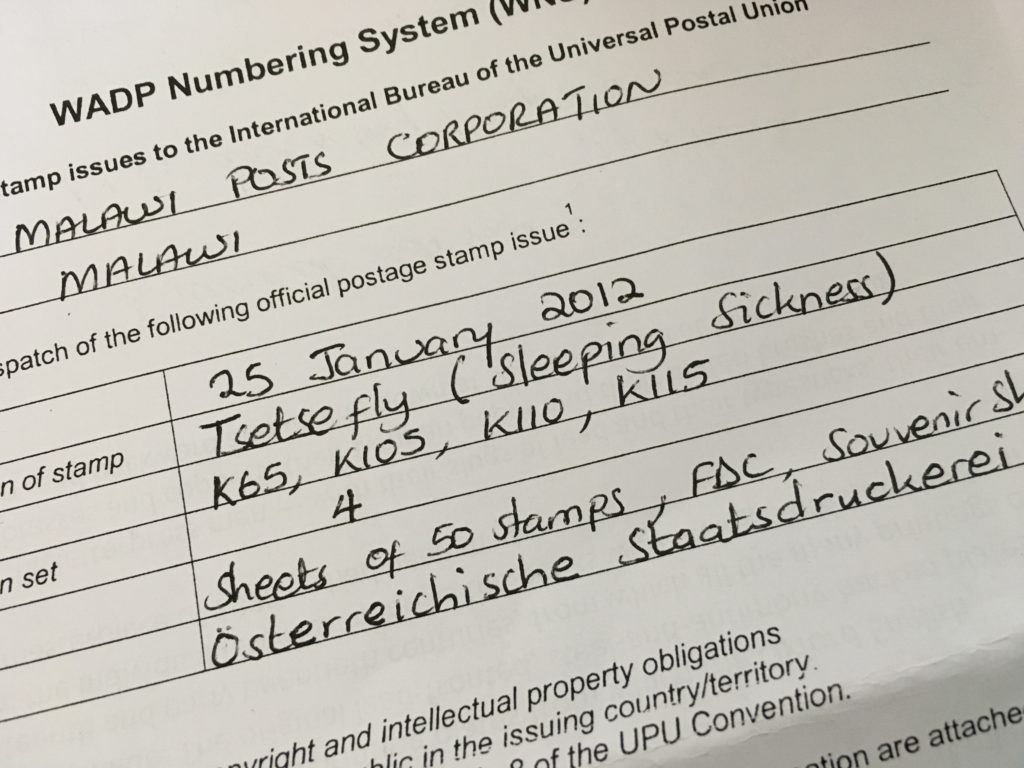This murmur has been a long time coming. I have been in one of my writing muddles. It happens when I have written too much. I am fine when I edit as I go, but if I don’t I find it very hard to re-read. I look at the middle of the page and see the words spreading out north, south, east and west. When I am writing, I need a particular kind of focus, a sort of policing force, that blanks down the options and steers me along in a specific direction. I don’t have any great preference for one paw over another; put a pen in each and I will write from the middle and proceed to the edges, one paw’s writing mirroring the other’s. When I want to write something that makes sense to others I need a run up to it, a sort of nudge that starts me on the left and propels me to the right.
This ambimindedness can make things tricky, but sometimes it can be quite useful. When one paw is sore, for instance, I can hand the baton to the other. And there was something else that I learned the day after the Save Our Souls Storm.
You may have begun to wonder what became of the oilskin package that Uncle Ratty rescued (along with Chelsea Rat) and brought back to Great Uncle Mole’s burrow.
We were a bedraggled trio when we got back to the burrow. It was well after midnight but Uncle Ratty insisted on hot baths and cocoa before we retired. So it wasn’t until the next morning, when I woke up in the little room that was always mine, that I was truly assailed with the sense of being both embraced and unshackled. Something happened to my little moleheart every time I came to stay with Great Uncle Mole. It lurched a little when I remembered that he was not there, but that did not stop me from my rather exuberant celebration.
When Uncle Ratty tapped on the door frame I was no longer jumping on my bed, but I was standing in front of the tarnished bar mirror whistling the Marseillaise, paw on heart,
‘You’ll need to twiddle it down a bit, young Moley. Poor old Chatters is nervous as a kitten.’
At least he didn’t tell me to mind my Ps & Qs (whatever they were – Pleases and ThanQs, I supposed), which is what Great Uncle Mole would have done in his growly voice.
‘Chatters?’
‘Seems he prefers it. School name. Doesn’t like being a headline.’
Chatters. I don’t think I ‘d ever met anyone less chatty than the The Chelsea Rat. Perhaps it was his chattering teeth.
If it hadn’t still been pelting with rain, I would have left the burrow and gone for an explore after breakfast, but it was and I found myself stuck in the parlour where Chatters was making a poor show of sitting in Great Uncle Mole’s chair. He hadn’t the right girth or solidity. Great Uncle Ratty had lit a fire and brought in a pot of tea and shortbread even though we’d barely finished our toast and marmalade in the kitchen. We sat silently around the hearth, Uncle Ratty in his chair, me between them on the Egyptian pouffe. The rain hammered on the roof and every time there was a clap of thunder, Chatters’ dead eyes jerked open and he drummed his claws on the arm of the chair in agitation. Uncle Ratty tried to take his mind of it by bringing out a game of Ludo. God knows why. Then he decided music might do the trick and put Ma Rainey on the gramophone to cheer him up. Chatters became even more agitated and so he tried Schubert instead.
I began to envision my whole holiday incarcerated in this gloomy silence.
‘I know’, said Uncle Ratty, and disappeared.
He came back in staggering with the oilskin parcel and with a thunk laid it down on the table next to Chatters.
‘The nipper would like to know what this is.’
He’ll say no, I thought, if he says anything at all. But Uncle Ratty was not asking permission.
‘So I brought it in here.’ He began unfolding the corners.
‘Treasure’, he said to me.
I waited to be dazzled by diamonds and gold florins but when Uncle Ratty removed the oilskin my first impression was of unbroken greyness. Looking more closely I could identify a large wooden tray with lots of subdivisions, each filled with letters on blocks. There were other bits and pieces. I was intrigued. But treasure seemed to be over-egging the pudding.
Chatters’ paw reached out tentatively. Uncle Ratty handed him what looked like a small, shallow, lidless box. ‘Composing stick’, he said as if he were handing an instrument to a surgeon, ‘Galley’ he said, passing over a wooden try about the size of a Famous Five book.
A curious transformation came over Chatters. I could almost see his blood circulating; he became all animation, deftly picking out types and slotting them away into composing stick.
‘If the type does not make it treasure in your eyes, young Moley, the tale of it might at least stir your romantic heart.’ He settled into a tale-telling position which meant filling and lighting his pipe with agonising slowness. I fidgeted on the pouffe.
‘Shall I tell it, Chatters?’ As if there had been any question. A nod from the typesetter.
‘We already know that 7th January 1928 marked the beginning of the Big Thaw’, he began. ‘That was only the beginning. Chatters and his family were evacuated to Wales . The poor blighters had precious little to begin with but now they were homeless as well. After a week or two, when the flood levels receded, Chatters and his Papa went back to London to examine the ruins. All that was left intact was the larder and the bolthole into the Apothecary Gardens, the rest was a mass of sludge, fallen-in passageways, and a whole lot of flotsam brought in by the flood.’ Somehow yesterday and 1928 merged themselves in my mind. I forgot that the family had been poor and imagined all those splendid rooms I’d walked through in Chatters’ burrow being sucked into the Thames, their contents sinking or floating out to sea.
‘They painstakingly went through the debris to see if anything could be rescued.’
‘Two chairs, a bedstead, a jam cauldron and some forks’. The voice was still high, but not as querulous as last night. There was no break in the typesetting.
‘And in what had once been the parental sleeping chamber…’, Uncle Ratty paused for effect. ‘A pile of what they thought must be coal, although it was rather angular. They put it aside because Chatters’ Papa knew he could sell it to a chap who owned a pub. But first they had to do what they could to make some liveable space. Some chums, and one or two relations pitched in’
‘Ratty was one of them’, Chatters squeaked from Great Uncle Mole’s chair.
‘It wasn’t until the family had squeezed back into the burrow and Chatters’ Mama was washing the mud off everything, that they discovered the coal was not coal at all but type. Being of a practical bent and thinking of the next meal, his Papa was all for melting it down. But to his spouse, poet and visionary, the heavy grey pile presented a glimmer hope. And when she examined the font of the typeface more carefully she felt her heart flutter in a way that, were she not the mother of seven nippers, she might have identified as falling in love.’
I glanced over at Chatters. His paws were constantly on the move between the tray and the stick. The sorts clicked together like little dominoes as they were put into place. I was mesmerised. Uncle Ratty’s tale still wafted in through my ears but I could not take my eyes off Chatters.
‘Chatters’ Papa was reluctant to leave the canals for this pie in the sky scheme, but when a chat with a lock-keeper led to a printing press that had belonged to a defunct missionary society and going dirt cheap, he put faith in Providence and his energy into learning the trade. It took her years, but under the firm paw of Chatter’s Mama the Apothecary Garden Press came into being. It was a bespoke press. The font on the sorts was not of a common or garden type and lent itself to special commissions. She exploited her inside knowledge of the Tate mercilessly for patrons, and inveigled her offspring into running errands.’
Each time Chatters completed three rows on his composing stick he slid the sorts onto the galley. Now it was full.
‘Allons enfants de la Patrie
Le jour de gloire est arrivé !’ I sang.
Uncle Ratty gave me a stern look, not because I had so rudely interrupted him but, I was sure, because he believed my singing would undo all his careful work and send Chatters into a helpless bundle of nerves again. I stopped. But it wasn’t rebelliousness that had provoked me into song, it was the words I was reading on Chatters’ galley.
‘I heard young Moley singing this morning. It emboldens the heart whatever one might think of the politics. But,’ the voice from Great Uncle Mole’s chair squeaked, ‘What is more to the point, this nipper has a printer’s eye.’
I don’t think I had noticed that I was reading upside down and back to front, but suddenly all my muddles, or mubbles, or wnpples, or wnqqles or selbbum, selddum, sleqqnw or sleppnw had been revealed as having a name, a name to be proud of: A Printer’s Eye.
And the ‘Ps & Qs’ that were to be minded and which, when spoken to me, always appeared to be capitalised, had nothing to do with Pleases and ThanQs but with the difficulties faced by printers when trying to differentiate between ‘p’s and ‘q’s and ‘b’s and ‘d’s.
Chatters’ La Marseillaise hangs on my burrow wall to this day.
And if you are curious to read about the possible source of the type that was washed into that Chelsea Embankment burrow in January 1928 you can find the story here.
Mole is having a sabbatical and will be unplugged this week. the next murmur will appear on Friday 9th September.
